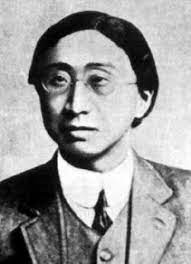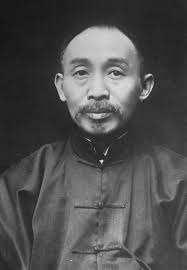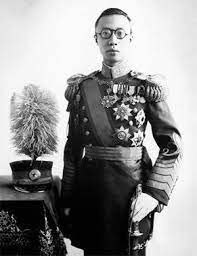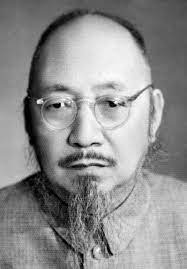Chu Chih-hsin (12 October 1885-21 September 1920), anti-Manchu revolutionary and protege of Sun Yat-sen, was active as a T'ung-meng-hui propagandist and as an organizer of anti- Manchu uprisings in Kwangtung. He later helped to organize resistance to Yuan Shih-k'ai. A leading figure in developing and popularizing Sun Yat-sen's political and social ideas, he founded the […]












